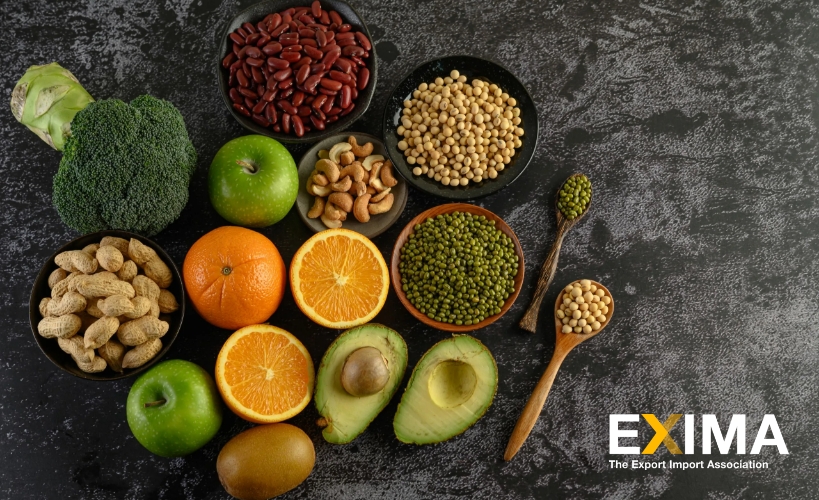Eating quinoa and avocado may not be as healthy as we think, at least for the environment. A study published on People and Nature by a team of researchers of the Basque Center for Climate Change (BC3), offers an interesting approach to the current impacts of the various “superfoods” that we eat worldwide and various recommendations to mitigate – or avoid – negative effects on ecosystems and on a social level.

It’s Not Too Late to Prevent Catastrophic Consequences
A lot has been written about the impact of crops such as palm oil and their obvious effects on ecosystems. Yet superfoods, which we associate with sustainable production and traditional use, are starting to follow the same path due to their increase in demand. According to the BC3 researchers, it is still not too late to try to prevent this demand from having catastrophic consequences.
The study analyzes six of the most popular superfood crops worldwide by reflecting the various environmental impacts of this expanding sector, including water depletion (e.g., avocadoes or almonds), soil degradation (e.g., quinoa), reduction in biodiversity (e.g., acai), or the increase in land transformation inside natural habitats (e.g., coconut, cacao, etc.).
Traditionally, local communities have been exploiting these crops sustainably for thousands of years. However, as they are now being regarded as “superfoods,” they have become global products in great demand. The production of many of these crops is now controlled by large corporations that encourage short-term profit over long-term sustainability. The grip of these corporations could continue to erode local food-producing systems which, in many cases, used to be healthy, sustainable, and socially fair for millions of local communities and farmers.
Likewise, the reduction in their genetic variability and their use in single-crop farming suggests that they will undergo significant reductions in production and that there will be potential changes in the distribution of areas suited to their production. With the intensifying of production, this could lead to some of their supposed properties being lost. So far, it is not known how these crops are going to respond to climate change.
Ultimately, the challenge in achieving sustainable food production will only be addressed if measures on various fronts are adopted; these range from changing production practices to consumer diets and governance.
As consumers, we can do our part, too, just by trying to shop more consciously.

Learn More with EXIMA
EXIMA makes it easy for our users to learn more about the developments in international trade. Subscribe to our newsletter today – you’ll stay informed and up-to-date.



